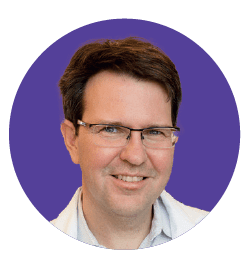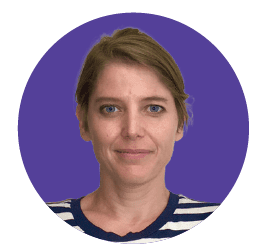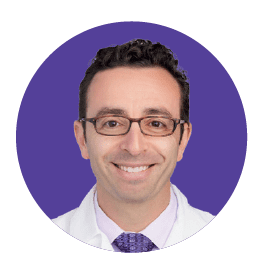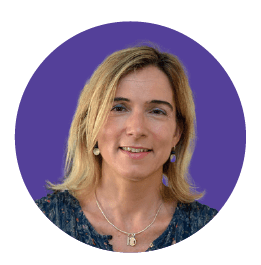Home » Our Research » Our Funded Research Programs » The CURE FL Programs » The CURE FL Program Cycle 1
The CURE FL Awards program was launched in 2022 and run in partnership with the Milken Institute Centre for Strategic Philanthropy. This pioneering $2 million program provided targeted funding to four innovative projects that are closely aligned with patient interests and have a clear path to clinical trials.
Each successful investigator received a research grant of up to $500K over 2 years, starting in December 2022. With this program, we are placing FL front and center in lymphoma research and catalyzing the development of therapies for the underserved FL patient populations. We hope the knowledge gained during these first projects will lead to clinical trials of new CAR-T cell treatments – or combinations – that will provide hope and opportunity to patients and give clinicians knowledge of why certain treatments do and do not work in certain patients.
Engaging the Inhibitory BTLA Receptor for the Treatment of FL.
A new signal mechanism (HVEM/BTLA) abnormal in 90% of FL cases and important in the genesis of FL has been identified by Dr. Wendel and his group This makes HVEM/BTLA a high-value target specific to FL. CAR-T cells that attack all B cells are an exciting new treatment for FL. This study will use CAR-T in a different way, to specifically attack this FL-specific pathway. The goal is to have a clinical trial of these novel CAR-T cells open for patients by the end of the grant period.

Utilizing EZH2 Inhibition to Improve Immune Therapies in FL.
Dr. Béguelin, an expert in lymphoma biology, along with her clinical collaborators, will conduct trials combining epigenetic-targeted EZH2 inhibitors with immunotherapy (CART or bispecific antibodies), or with apoptosis-targeted BCL2 inhibitors. Using unique FL mouse models and patient samples, she will study combinations of targeted therapies with immunotherapy, including impact on both FL B cells and its microenvironment. The plan is to define effective combinations to improve therapy in FL.

Preventing Antigen Escape After T Cell Therapies by Enhancing Fas-Mediated Bystander Killing.
CAR-T cells are an excellent treatment for some patients with FL, but do not work for everyone. Dr Brody, an expert in immunotherapy of lymphoma, and his team have evidence that bystander cells that do not express the CAR-T target are one mechanism of CAR-T resistance, and that they may have a way to overcome this. Their study may well lead to a clinical trial of CAR-T given with a drug that will enhance the killing of these bystander cells, improving outcomes for patients.

Dual CD19-CART Approaches to Counteract Antigen Escape and Tumour Microenvironment Immune Suppression in FL.
Dr Perez-Galan leads this Spanish group with extensive clinical experience developing CAR-T cell treatment for lymphoma. They will develop new generation dual-targeted CAR-T cells, cells that target not only lymphoma cells but also the surrounding microenvironment that helps keep FL cells alive. They hope to have a clinical trial of the best CAR-T ready by the end of the grant period.

Hear more from two of our grantees, Dr Perez-Galan and Dr Brody, about their research projects.
Please click here to view the Spanish version from Dr Perez-Galan.
We’d love to hear from you if you’re interested in learning more about the FLF and our initiatives. We welcome your feedback, support, and collaboration in any way you can.
If you want to find out more about the FLF and any of our research programs, please contact us at info@theflf.org.